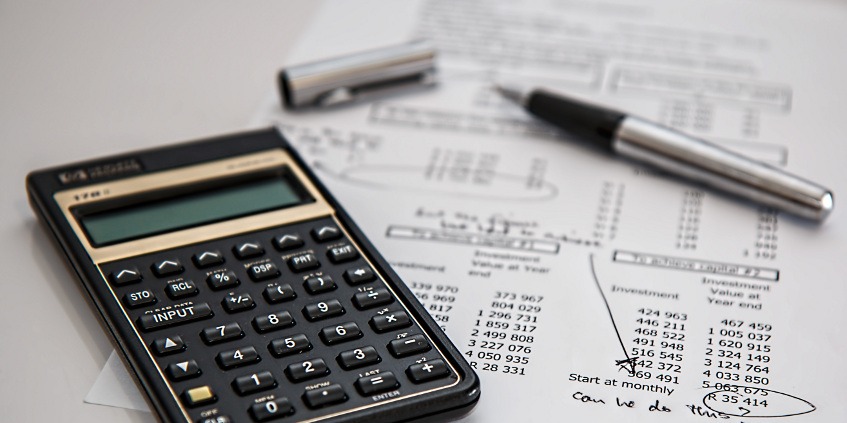Tracing the Origins of Forensic Accounting: A Voyage into the Unknown

The forensic accounting profession, while often misunderstood, is one of the most fascinating and complex fields in the world of auditing and legal investigation. So, how did this unique profession come to be? Let’s take a journey into the unknown to explore the origins of forensic accounting.
- The Early Days
The origins of forensic accounting can be traced back to the early days of civilization, specifically to the Babylonians. Around 1776 BC, the Babylonians were the first to develop written laws, which included regulations for weights and measures. These regulations formed the basis for early accounting and auditing methods.
- The Rise of Modern Auditing
The rise of modern auditing can be attributed to the development of joint-stock companies in the 17th century. As these companies expanded their operations, the need for accurate financial statements became crucial. This led to the establishment of audit firms, whose role was to examine and verify the financial records of these companies.
- The Birth of Forensic Accounting
The term “forensic accounting” was coined in the 20th century, following a series of high-profile corporate scandals. These scandals exposed the need for a more specialized form of accounting that could be used in legal proceedings. Forensic accountants were tasked with analyzing financial records, reconstructing fraudulent transactions, and providing expert testimony in court.
- The Evolution of Forensic Accounting
Over the years, forensic accounting has evolved from a niche profession to a highly recognized and respected field. Today, forensic accountants play a crucial role in complex financial investigations, fraud prevention, and cybercrime detection. With the rise of digital forensics and advanced data analysis techniques, forensic accountants now have access to a wealth of information that enables them to conduct more comprehensive investigations than ever before.
In conclusion, the origins of forensic accounting can be traced back to ancient times, with its development and evolution closely linked to major historical events. The profession has come a long way from its early days as a means of verifying financial records, and today, it stands as a crucial component in the world of auditing, law enforcement, and cybercrime prevention. As technology continues to advance, so too will the methods and techniques used by forensic accountants, who will play a pivotal role in ensuring financial integrity and security for years to come.
